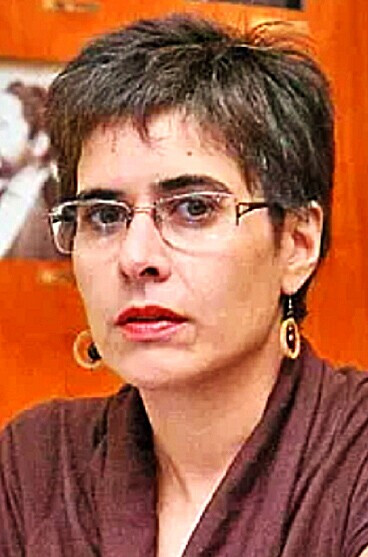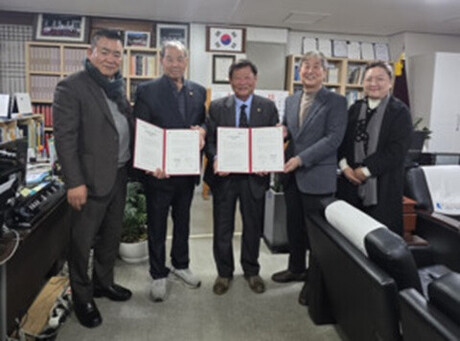
Despite encouraging macroeconomic indicators in 2024, including GDP growth and a reduction in monetary poverty, a recent analysis cautions that Paraguay's social improvements remain fragile. Data released by the National Institute of Statistics (INE) at the end of March revealed that Paraguay's monetary poverty rate decreased to 20.1% in 2024, a 2.6 percentage point decline from the previous year. Concurrently, the Central Bank of Paraguay (BCP) reported a robust GDP growth of 4.2% and an end-of-year inflation rate of 3.8%, although food inflation stood slightly higher at 4.9%.
The BCP's recent monetary policy report projects a continued economic growth of 4% and an inflation rate of 3.8% for 2025, nearing the central bank's target of 3.5%. While these figures paint a seemingly positive economic picture, economist Verónica Serafini from the Paraguayan Center for Analysis and Diffusion of the Economy (Cadep) warns in a newly published report that underlying social improvements remain precarious.
Serafini elucidates that the observed reduction in poverty can be attributed to a confluence of factors, including increased labor income, public transfer expenditures (such as the Tekoporã program, school meals, elderly pensions, and retirement pensions), and a moderation in inflation. "Generally, the combination of GDP, inflation, and transfer payments influences poverty levels. Sound economic growth can contribute to poverty reduction, primarily through income generated from paid labor," she stated.
However, Serafini critically points out that the impact of GDP growth and increased labor income on a "stable escape from poverty is minimal." She emphasizes that impoverished households, even earning at the minimum wage level, "live on a labor income that covers only 57% of the cost of basic necessities." This stark reality underscores a significant shortfall, where the income of families classified as poor is woefully inadequate to meet essential expenses beyond food, encompassing housing, transportation, healthcare, and education. In essence, even when individuals in impoverished households are employed, their earnings fail to provide for a dignified standard of living.
"Although labor income increased in the lower income deciles, where the proportion of spending on food is highest, a significant portion of this increase was offset by the rise in food prices," Serafini added, highlighting the disproportionate impact of food inflation on the most vulnerable segments of society.
The Paraguayan government establishes its poverty line based on the monthly cost of a basic food basket per individual, differentiating between overall poverty and extreme poverty. For urban areas, the extreme poverty line is set at 391,894 guaraníes, while the overall poverty line stands at 897,168 guaraníes. In rural areas, these thresholds are 357,891 guaraníes and 654,657 guaraníes, respectively.
Serafini further cautions that individuals who have managed to rise above the poverty line often find themselves in a highly vulnerable position, facing labor market instability and a lack of social protection, making them susceptible to falling back into poverty. "This is because these segments share characteristics of precarious employment and the absence of social protection policies. Those classified as vulnerable constitute between 40% and 50% of the total population," she explained. Her analysis reveals that "escaping monetary poverty in Paraguay implies a slight increase in income but a reduction in protection against risks, accessing the same quality of employment, health, and education services as those still classified as poor."
Serafini's analysis compellingly demonstrates that relying solely on aggregated economic indicators like GDP growth rates or poverty reduction percentages provides an incomplete picture of overall societal well-being. Sustainable social improvement necessitates addressing income inequality, fostering the creation of quality employment opportunities, and establishing a robust social safety net.
While the Paraguayan government has implemented various policies aimed at tackling poverty, the persistent issues of unequal distribution of economic gains and labor market instability suggest that the observed poverty reduction might be transient. The surge in food prices poses a direct threat to the livelihoods of low-income households, underscoring the critical need for policies aimed at price stabilization.
Furthermore, strengthening social protection for those who have recently escaped poverty is paramount in preventing relapse and enhancing overall social stability. Providing these vulnerable populations with access to stable employment, social insurance, and vocational training opportunities is crucial for breaking the cycle of poverty and fostering sustainable development.
For Paraguay to achieve genuine social progress, a multifaceted approach that prioritizes social equity alongside economic growth is indispensable. Continued attention and support for vulnerable populations are not merely an option but a necessity for building a more resilient and equitable society.
[Copyright (c) Global Economic Times. All Rights Reserved.]






























